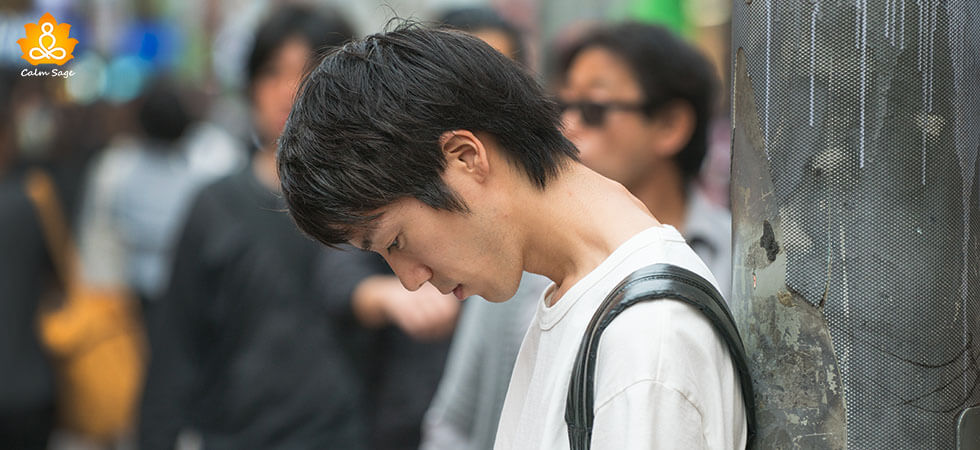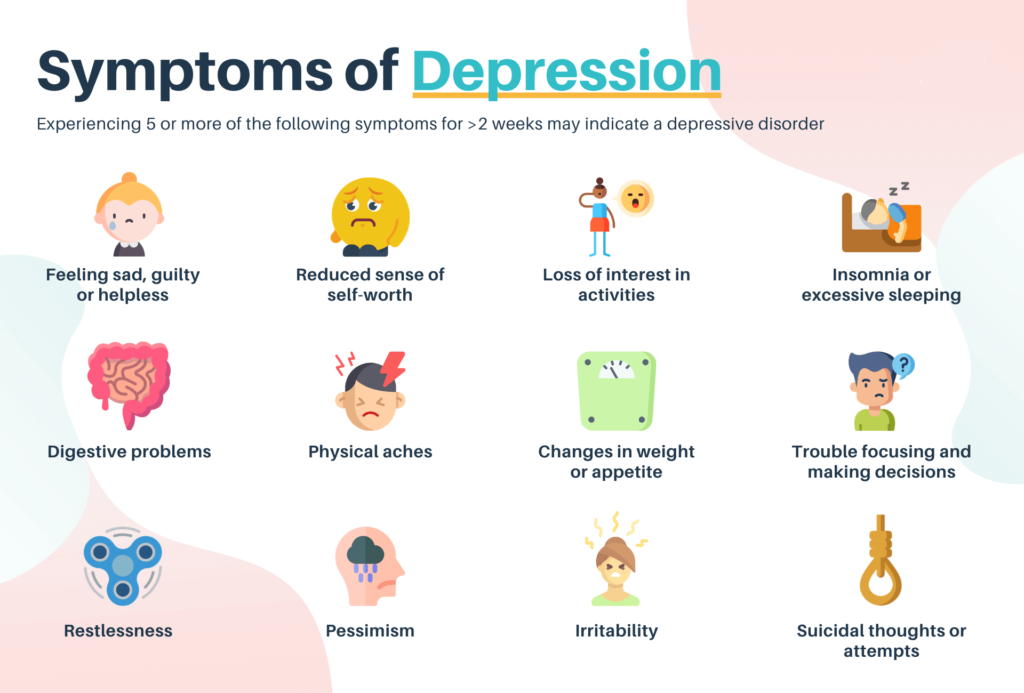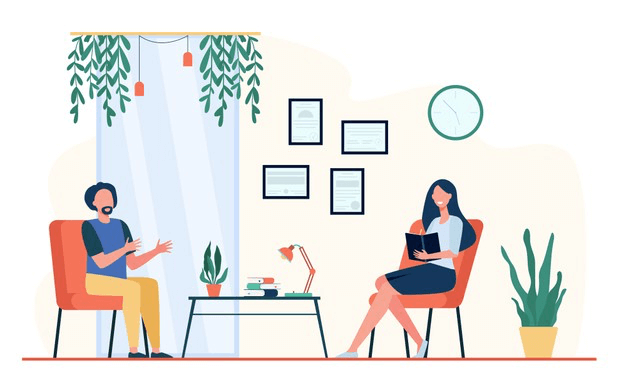I Have Crippling Depression: What’s Going on and Ways to Treat It 2021

I have crippling depression. These are four words you wish you didn’t ever have to admit to yourself or anyone else.
When you are struggling with depression, some days can feel impossible to get through. Believe me – I’ve been there. I know what it’s like to lie in bed and reflect on the day I had, wondering how I made my way through it and not wanting to fall asleep because I was pretty sure tomorrow would be more of the same: more pain, more intense feelings of sadness, trouble concentrating on tasks, and feeling apathetic toward most things and people.
It’s difficult to put into words just how hard it is to have depression, but if you’re here reading this right now, my guess is that you don’t expect me to try. Sadly, you already know what I mean, even if it impacts each of us a little bit differently. Because of that, there is no single solution that can help everyone feel better. Still, the more you get in touch with yourself, your feelings, and what form of depression you have, it will bring you closer to finding some relief.
Whatever unique symptoms, struggles, emotions, or curiosities brought you here to today’s blog, I welcome each of you. I’m here to talk about a more severe form of depression, often referred to as “crippling depression.”
Depression is a severe mood disorder that can significantly impact one’s daily life, even in moderate cases. Depression can affect your emotions, weight, sleeping, and ability to focus. But in cases where depression is more severe, it can be debilitating. It can prevent people from accomplishing tasks and eating or sleeping altogether.
The clinical term for crippling depression is Major Depressive Disorder or MDD. Rather than saying, “I have crippling depression,” many people instead will say they have “overwhelming,” “debilitating,” or “devastating” depression because using the term crippling to describe it can be insulting or hurtful toward those with physical disabilities.
That said, mental health professionals will understand if you come to them and say, “I have crippling depression” because they recognize it as a synonym or common phrase for clinical depression or Major Depressive Disorder. Crippling depression is a popular phrase that people living with the disorder have coined to describe how severe and impactful their symptoms are.
As I briefly mentioned, those who suffer from moderate depression, for example, may experience enough of an impact at work to be diagnosed with depression. But there are others – people with crippling depression – who cannot attend a school or work full-time. Some institutions and resources do not include “ability to work” as a symptom of depression, so many people who suffer from it use this term to explain how significantly different it feels from other forms of depression.
How you choose to characterize your depression is up to you – the point is that it is taking a serious toll on your life, and I want to remind you that you are not alone. You have come here to understand better what’s going on with you and how you can treat this debilitating disorder, and I hope that this information helps you as much as it has me.



